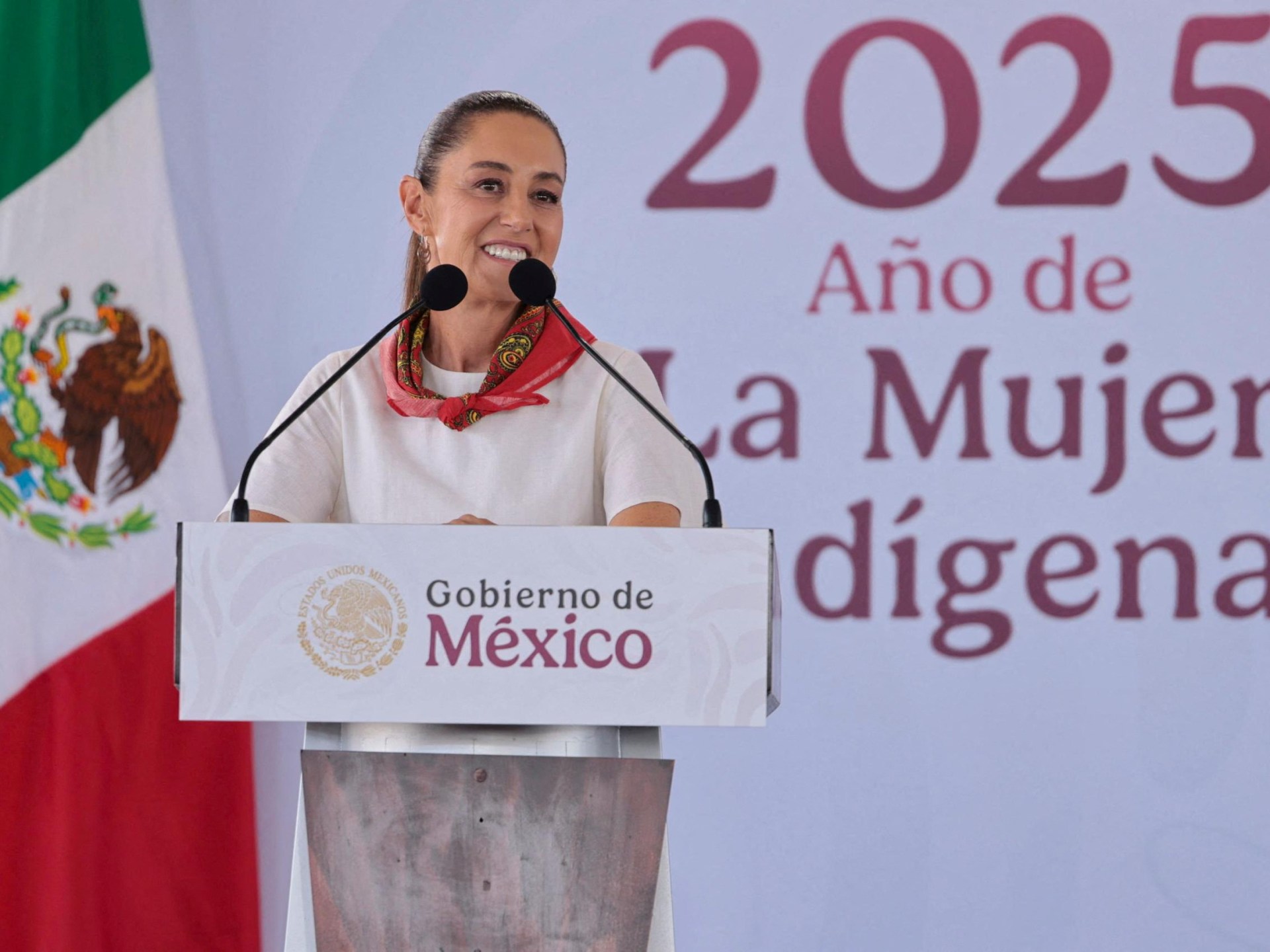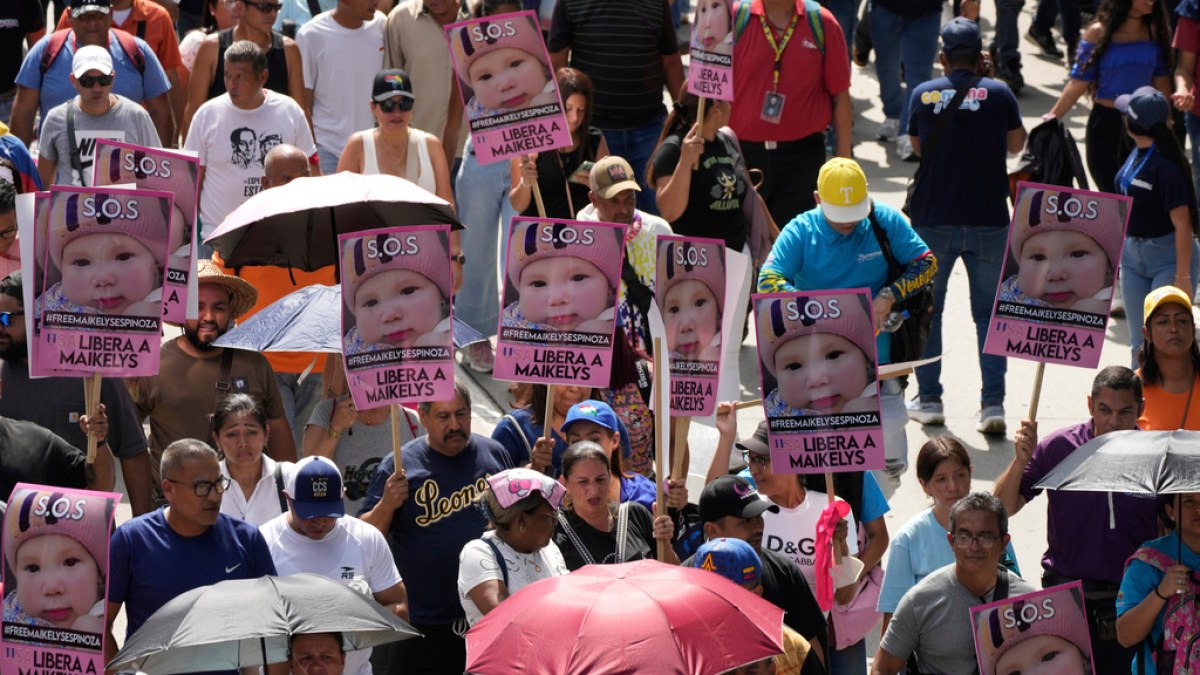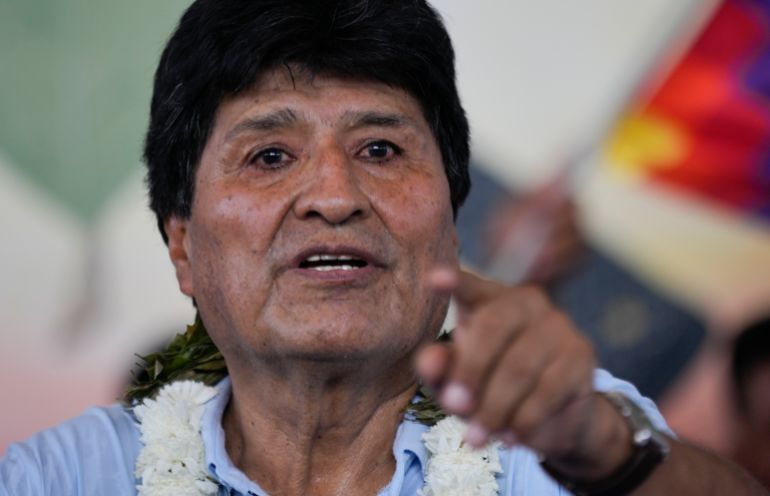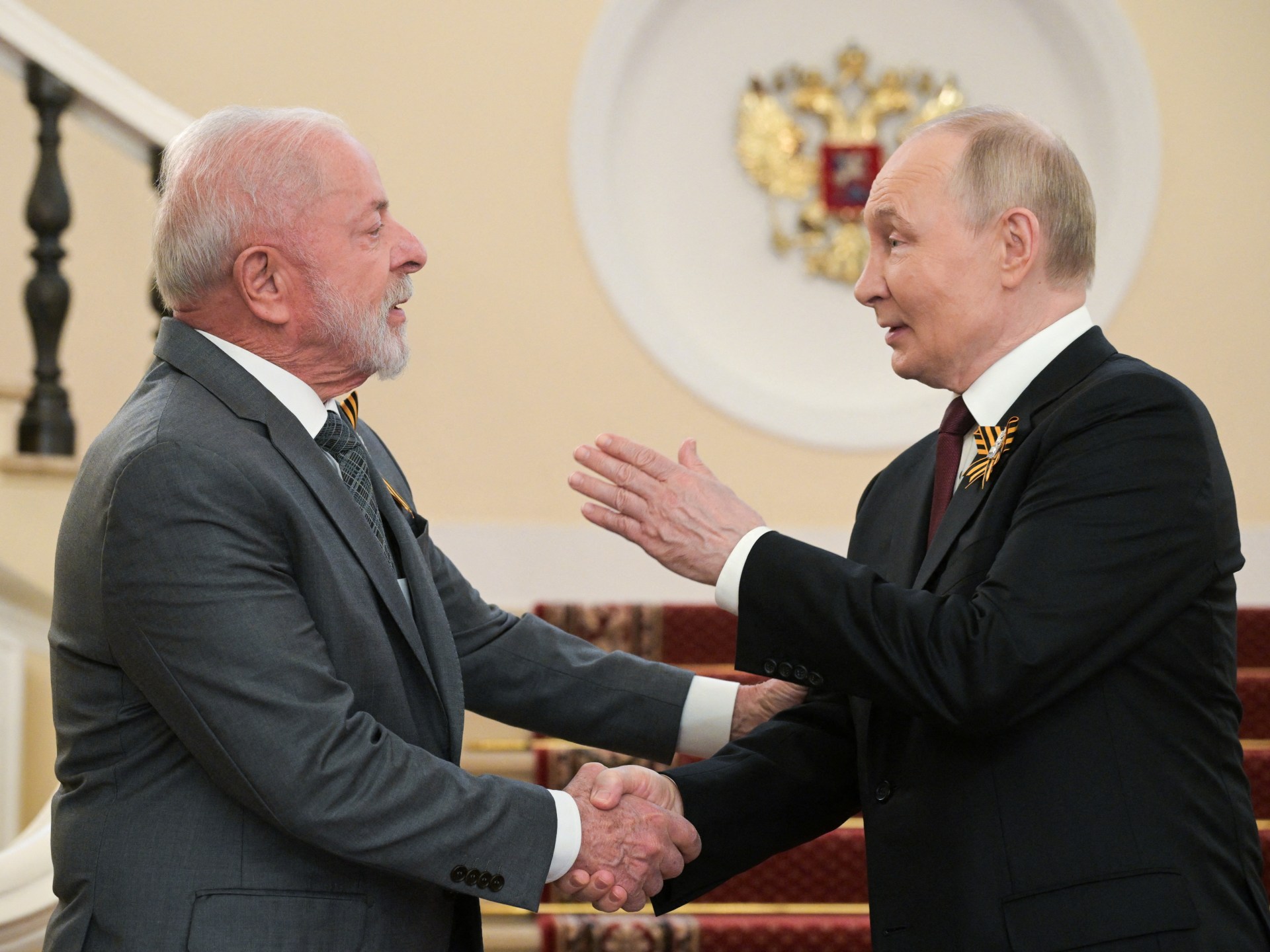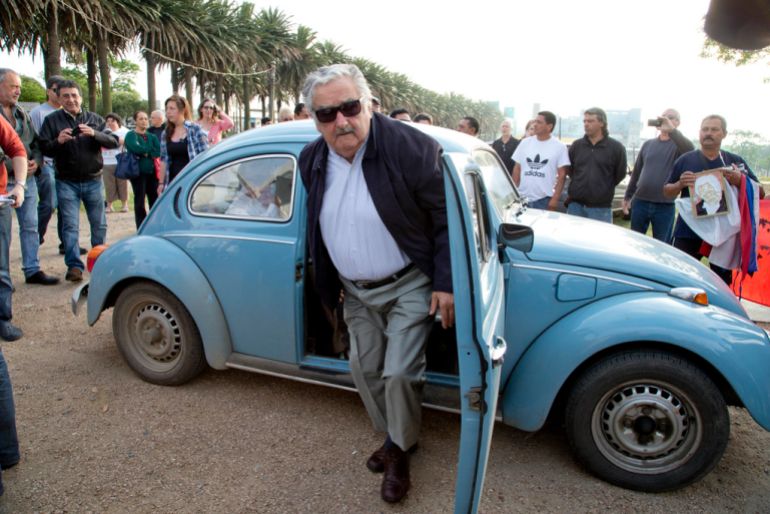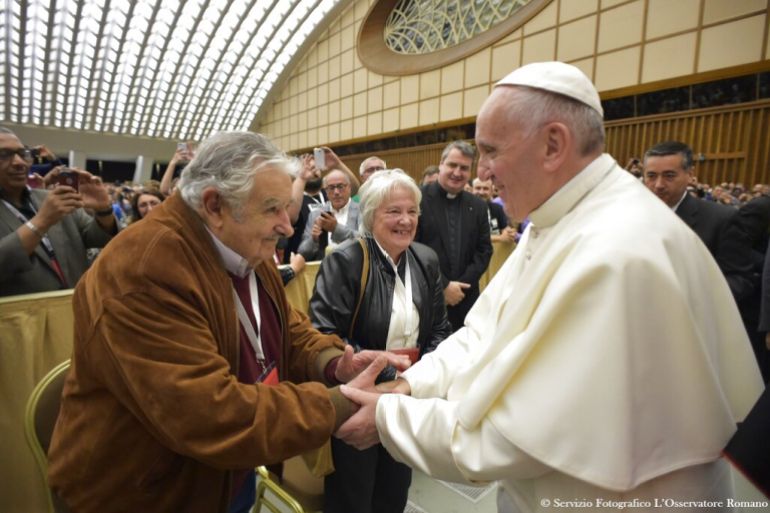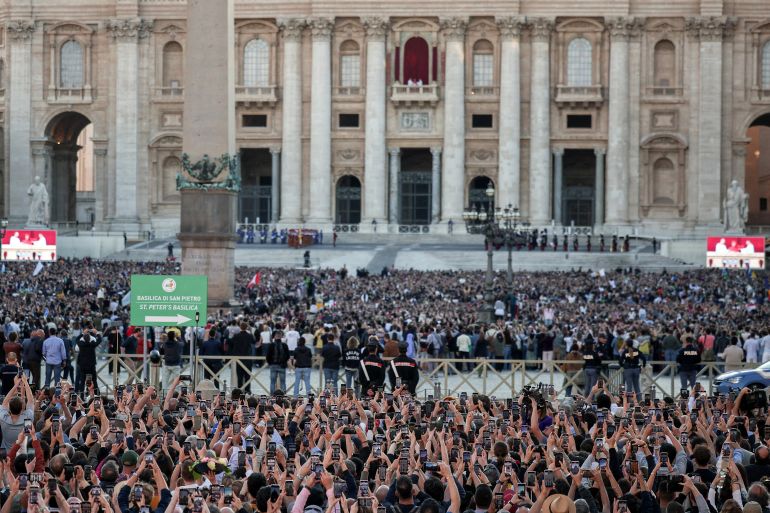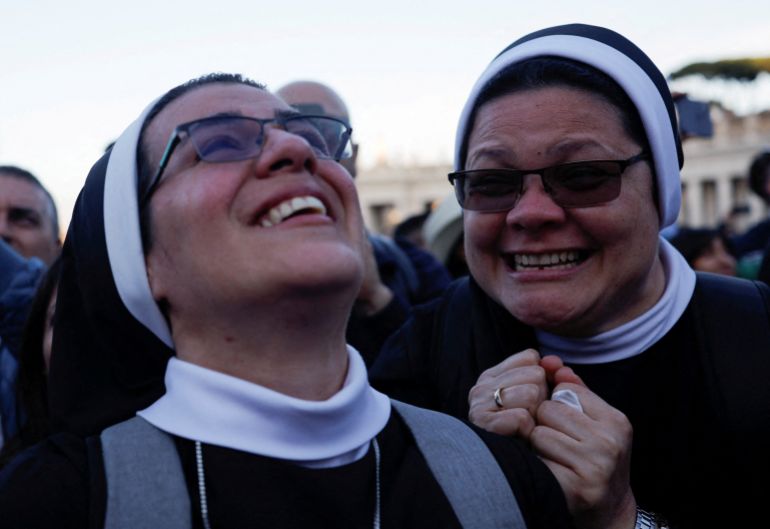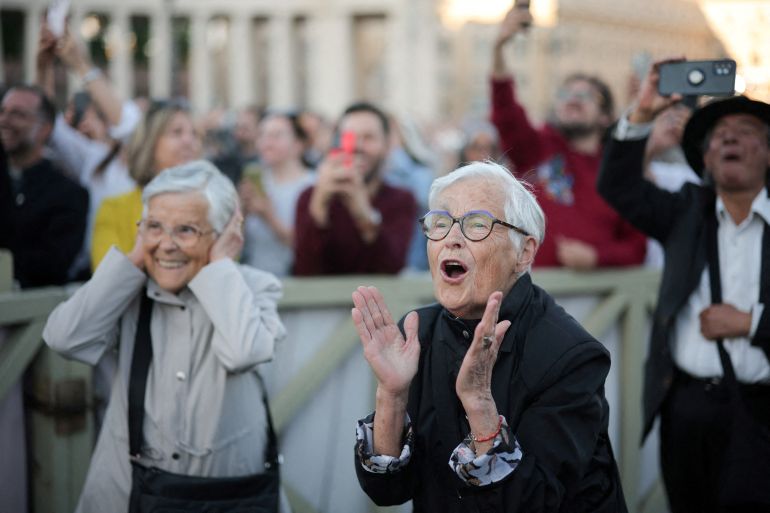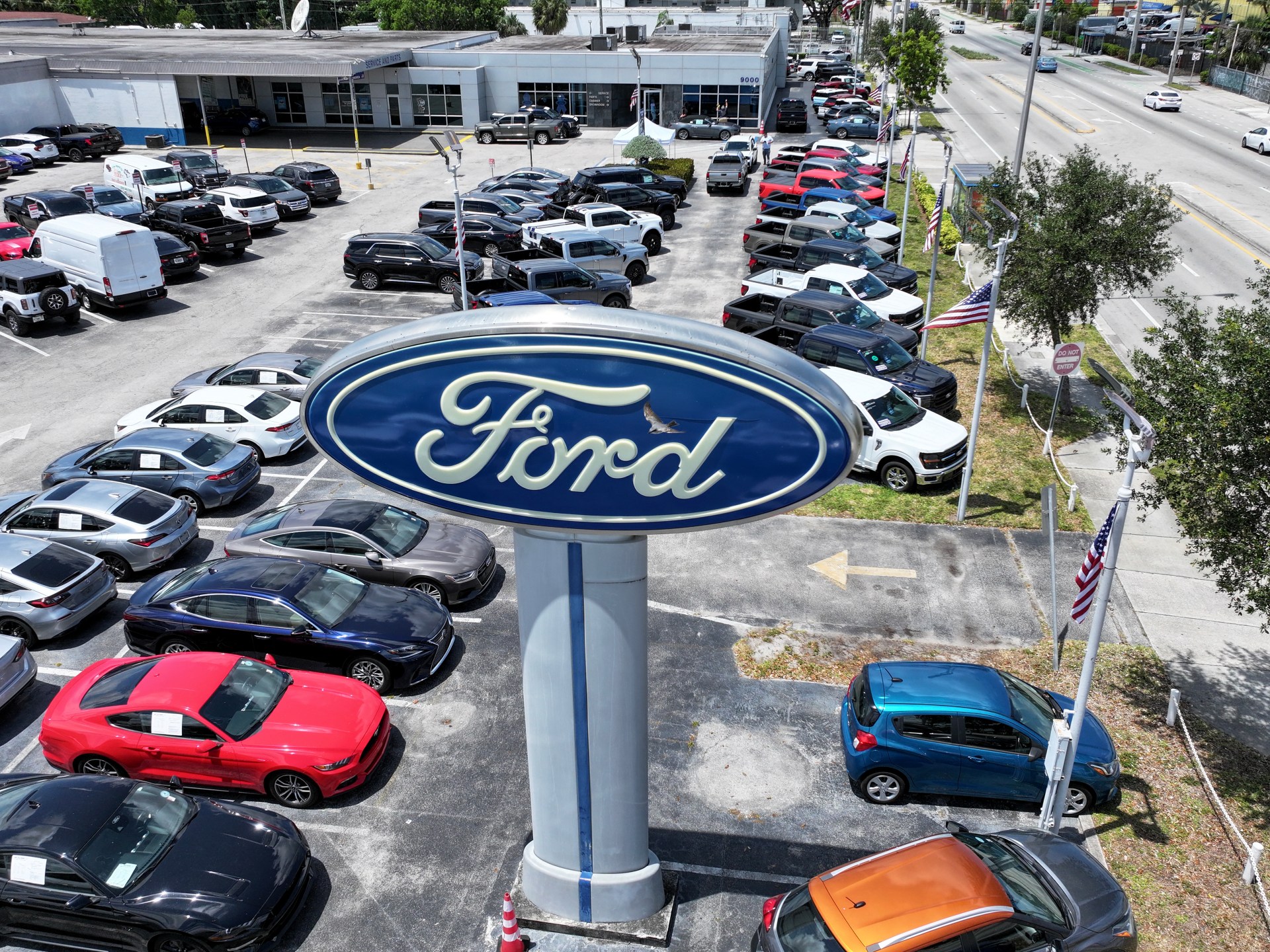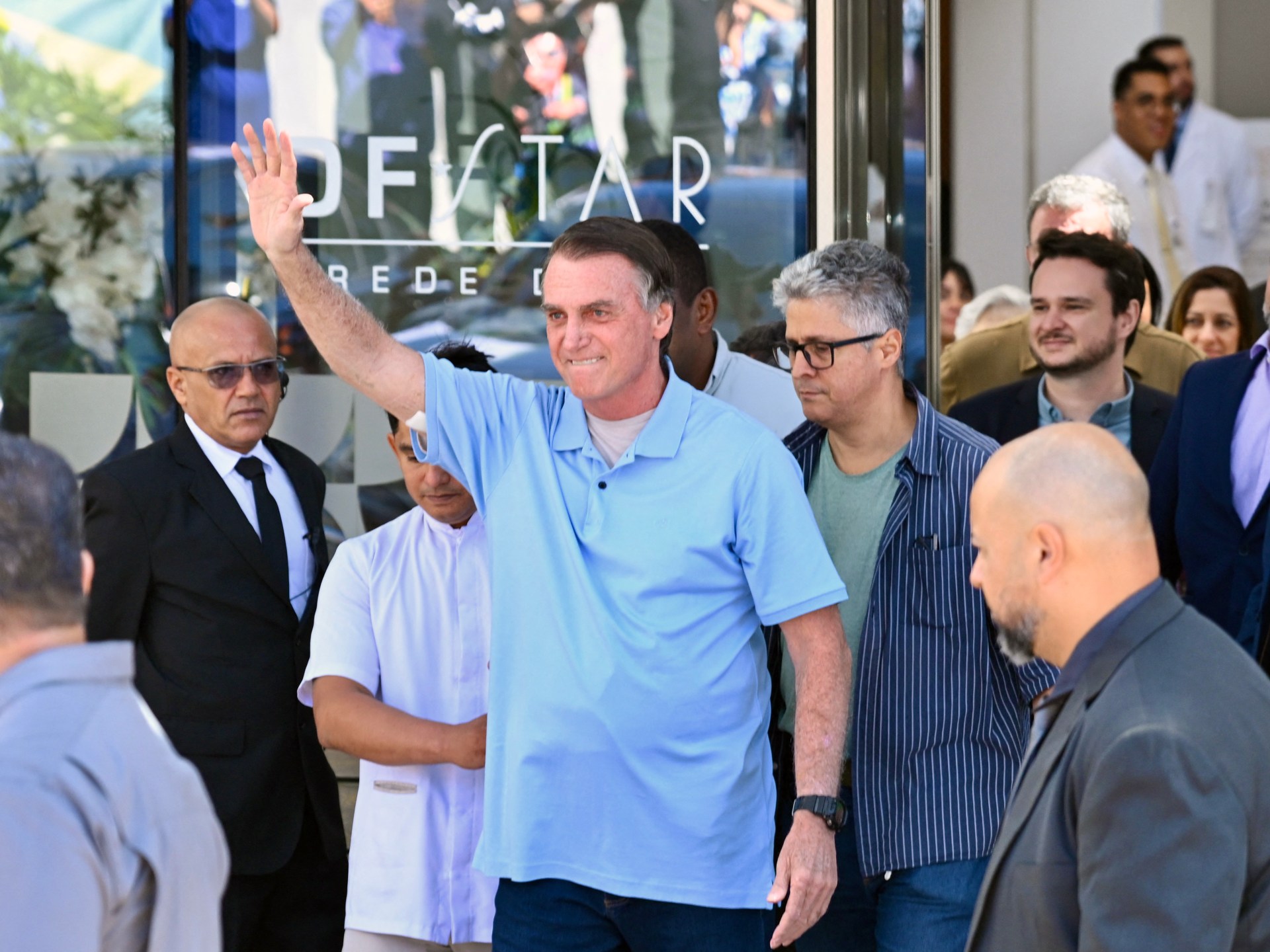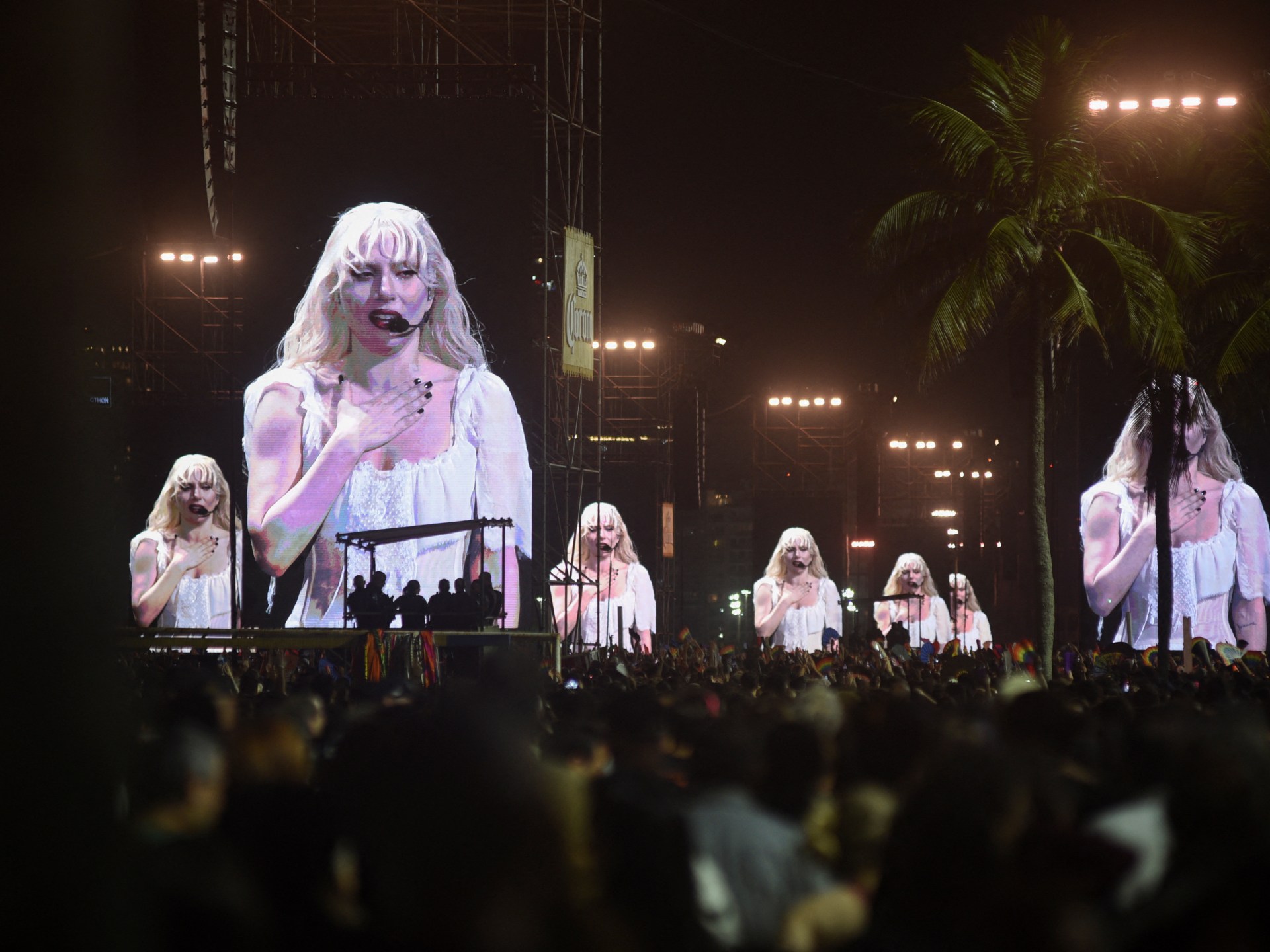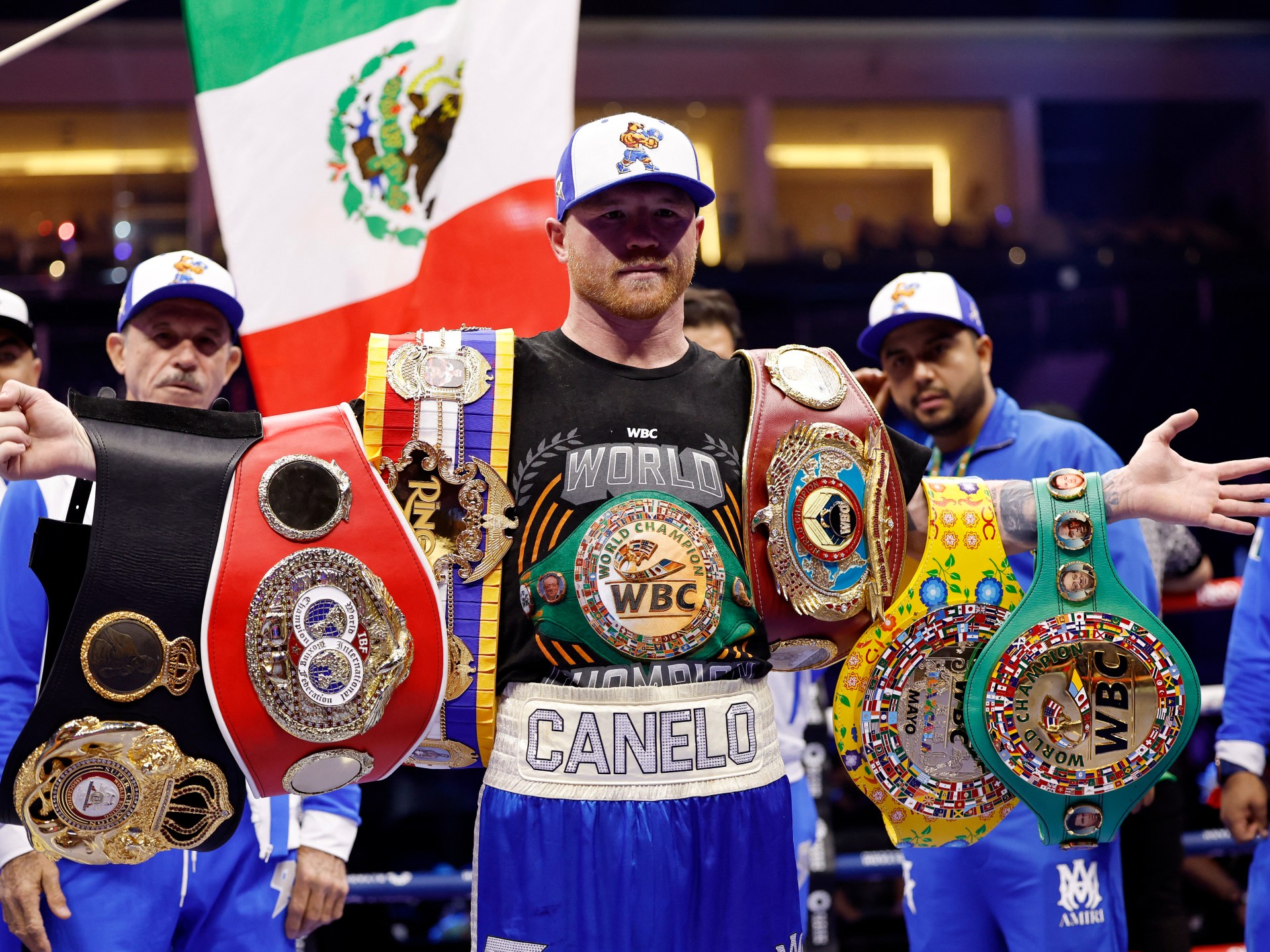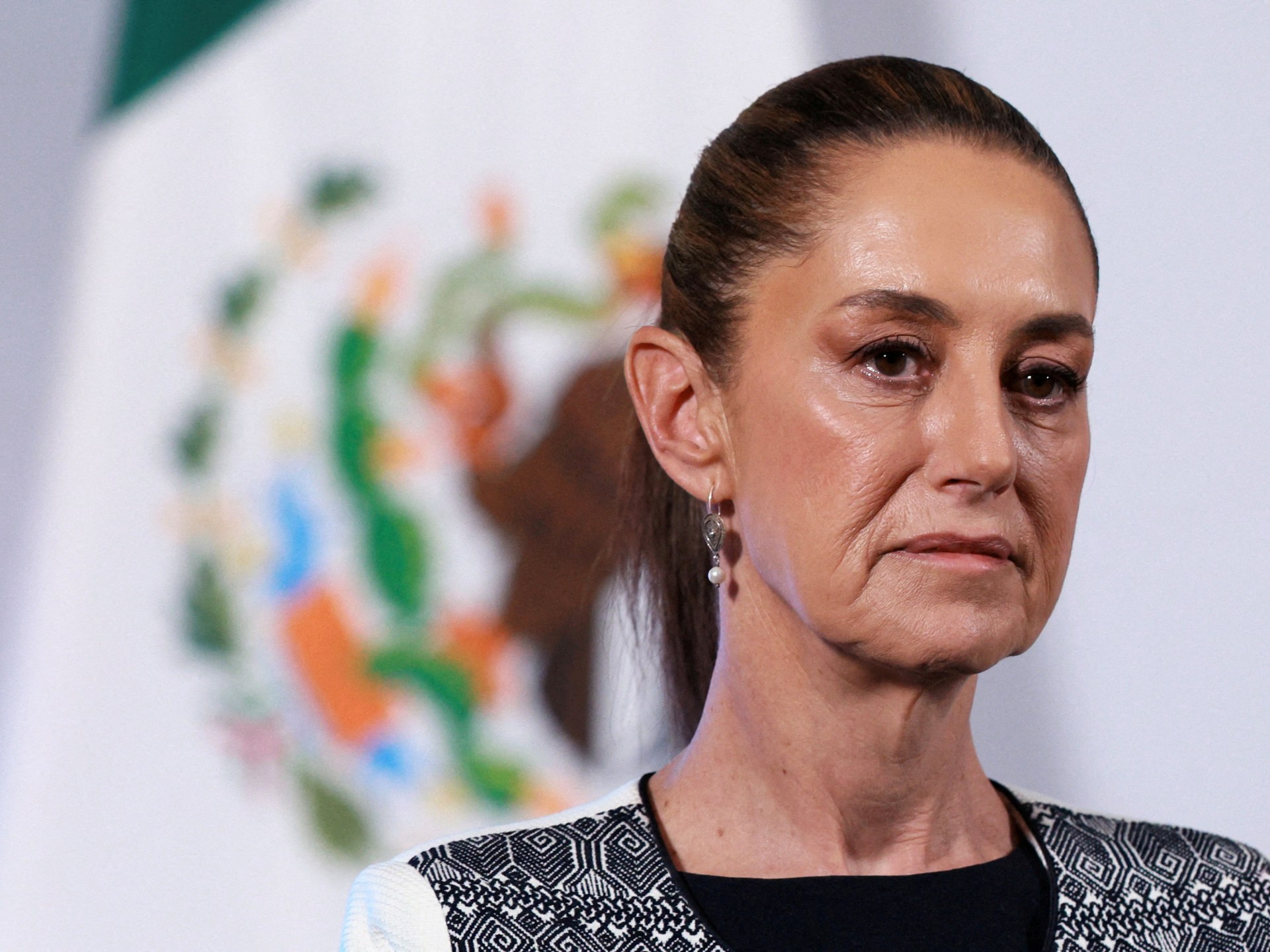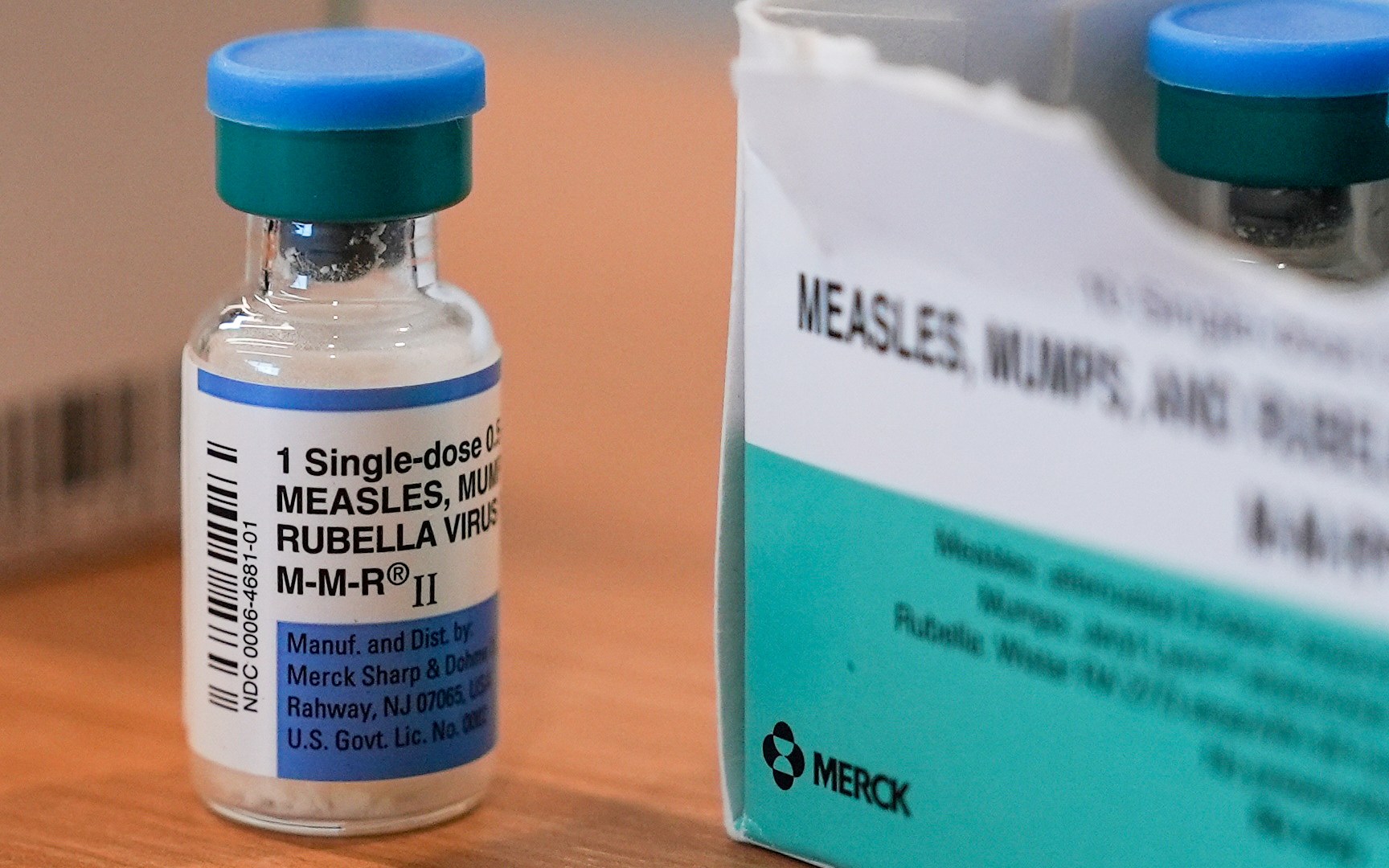Claudia Sheinbaum denounces proposed US remittance tax as ‘unacceptable’ | Tax News
Republicans have proposed the remittance tax as part of a broader push to crack down on undocumented immigration.
Mexican President Claudia Sheinbaum has denounced a provision in a tax bill being considered in the United States Congress that would impose duties on remittances — a term used to describe the money people send abroad for non-commercial reasons, often as gifts to family and loved ones.
On Thursday, during her morning news conference, Sheinbaum addressed the tax bill directly, calling the remittances proposal “a measure that is unacceptable”.
“It would result in double taxation, since Mexicans living in the United States already pay taxes,” she said.
She added that her government was reaching out to other countries with large immigrant populations to voice concern about the US proposition.
“This will not just affect Mexico,” she said. “It will also affect many other countries and many other Latin American countries.”
According to World Bank data from 2024, India is the top recipient of international remittances, with $129bn coming from abroad, followed by Mexico with more than $68bn.
In Mexico, in particular, experts estimate that remittances make up close to 4 percent of the gross domestic product (GDP).
But a far-reaching tax bill championed by US President Donald Trump includes language that would impose a 5-percent excise tax on remittances sent specifically by non-citizens, including visa holders and permanent residents.
That bill would affect nearly 40 million people living in the country. US citizens, however, would be exempt from the remittance tax.
Trump has led a campaign to discourage immigration to the US and promote “mass deportation” during his second term in office, as part of his “America First” agenda.
Proponents of that platform say taxing remittances would serve as clear deterrence to immigrants who come to the US looking for better economic opportunities for themselves and any loved ones they hope to support back home.
Mark Krikorian, executive director of the Center for Immigration Studies, an anti-immigration think tank, told The Associated Press news agency that he believes barriers to remittances can help curb undocumented immigration to the US.
“One of the main reasons people come here is to work and send money home,” Krikorian said. “If that’s much more difficult to do, it becomes less appealing to come here.”
Under the bill being weighed in the House of Representatives, the 5-percent tax would be paid by the sender and collected by “remittance transfer providers”, who would then send that money to the US Treasury.
But President Sheinbaum and other leaders have called on Republicans in Congress to reconsider that provision, given the unintended consequences it could create. Sheinbaum even suggested that the tax could be seen as unconstitutional in the US.
“This is an injustice, apart from being unconstitutional,” she said on Thursday. “But in addition, it is the tax on those who have the least. They should charge taxes to those at the top, not those at the bottom.”
Critics of the measure point out that remittances can help stabilise impoverished areas abroad, thereby limiting the likelihood of undocumented migration from those areas.
Additional barriers to sending remittances could create economic setbacks for those communities, not to mention make the process more difficult for US citizens who are exempted from the proposed tax.
Still, even if the tax bill is defeated or the provision on remittances removed, the Trump administration has signalled it plans to move forward with other measures designed to discourage migrants from sending funds abroad.
On April 25, Trump posted on his media platform, Truth Social, a list of “weekly policy achievements”.
On the final page, the top bullet point under “international relations” was “finalizing a Presidential Memorandum to shut down remittances sent by illegal aliens outside the United States”. Trump called the document a “MUST READ”.
